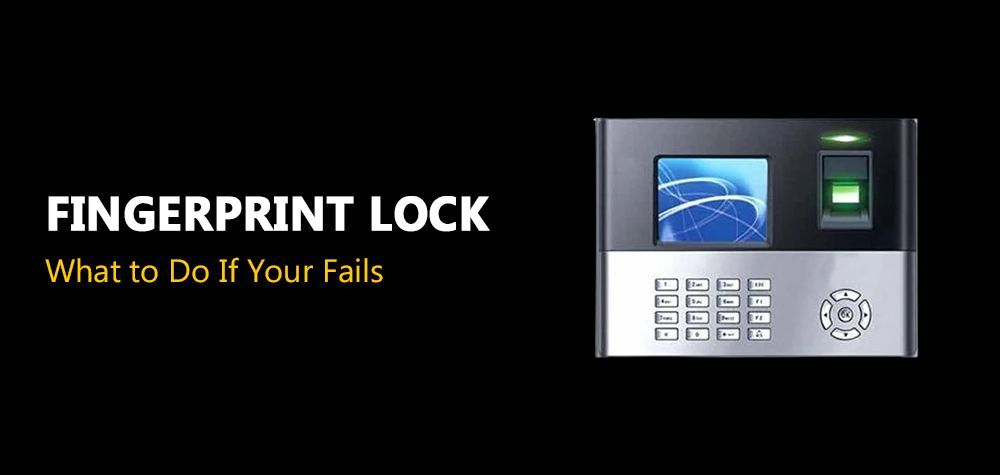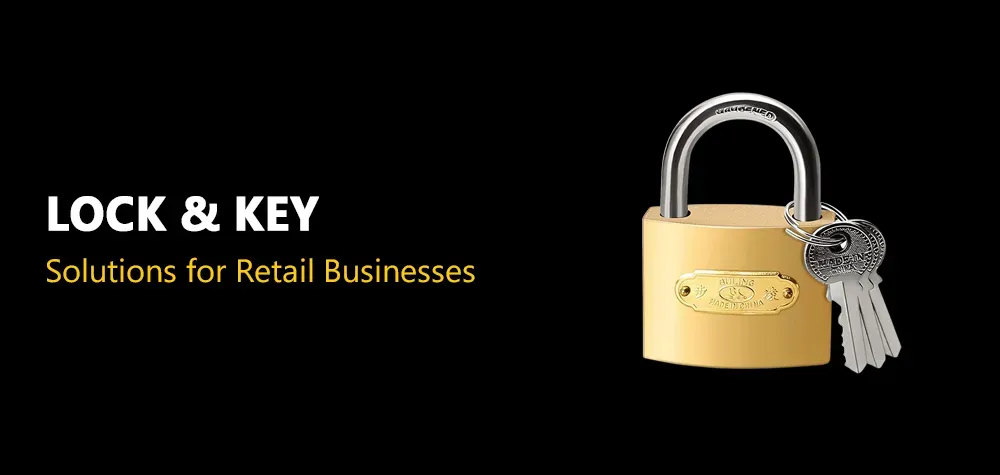Dealing with Lost or Stolen Keys
Losing or having your keys stolen can be a distressing experience, fraught with inconvenience and potential security risks. In this comprehensive guide, we'll explore the immediate actions to take upon discovering lost or stolen keys, assess the security risks involved, and provide practical steps for rekeying or changing locks to safeguard your home.
Immediate Actions After Discovering Lost or Stolen Keys:
The moment you realize your keys are missing, it's crucial to act swiftly. Begin by conducting a thorough search of your immediate surroundings, including retracing your steps and checking common areas where keys might have been misplaced. It's also advisable to reach out to neighbors or colleagues in case the keys were left behind accidentally.
Assessing Security Risks:
Lost or stolen keys pose significant security risks, as they could potentially grant unauthorized individuals access to your home. It's essential to assess these risks promptly and take proactive measures to mitigate them. Even if there's a slim chance of the keys falling into the wrong hands, it's better to err on the side of caution.
Rekeying or Changing Locks:
One of the most effective ways to address the security concerns associated with lost or stolen keys is by rekeying or changing the locks on your doors. Rekeying involves adjusting the internal mechanism of the lock so that it works with a new key, rendering the old key useless. On the other hand, changing locks entails replacing the entire lock mechanism with a new one.
Dive in to read about why is it important to change locks after moving to a new home!
Contacting a Professional Locksmith:
Seeking the assistance of a professional locksmith is highly recommended when rekeying or changing locks. A locksmith has the expertise and specialized tools required to complete the job efficiently and ensure that your home is secure. When selecting a locksmith, be sure to choose a reputable and licensed professional with a proven track record of quality service.
Updating Home Security Measures:
In addition to rekeying or changing locks, consider updating your home security measures to enhance protection further. This could involve installing security cameras, upgrading to smart locks with advanced features, or reinforcing entry points with additional security hardware.
Key Replacement Services:
If you find yourself without a spare key, locksmiths and key duplication centers offer key replacement services. While this may incur some cost, it provides peace of mind knowing that you have a backup key in case of future emergencies.
Preventive Measures:
To reduce the likelihood of future incidents of lost or stolen keys, take preventive measures such as storing spare keys in secure locations, using keyless entry systems, and implementing strict key management protocols within your household.
How Brothers Locksmith Can Help
At Brothers Locksmith, we understand the urgency and stress that comes with losing or having your keys stolen. Our team of skilled locksmiths is here to provide swift and reliable assistance to address your security concerns. Here's how Brothers Locksmith can help you in your time of need:
Emergency Lockout Services:
If you find yourself locked out of your home due to lost or stolen keys, our emergency lockout services are available round-the-clock to quickly regain entry for you. Our experienced locksmiths utilize advanced tools and techniques to safely unlock doors without causing damage to your property.
Rekeying and Lock Replacement:
To ensure the security of your home, it's crucial to rekey or replace the locks affected by lost or stolen keys. Our locksmiths are proficient in rekeying existing locks to render the old keys useless or installing new locks altogether. We'll work efficiently to restore the integrity of your home's security system.
Key Duplication and Replacement:
If you're in need of replacement keys or require additional copies for future emergencies, Brothers Locksmith offers key duplication services. Our state-of-the-art equipment allows us to create precise replicas of your keys quickly and accurately.
Read here about Why Should Every Car Owner Have a Spare Key?
Security Consultation and Upgrades:
Beyond addressing immediate concerns, Brothers Locksmith can provide comprehensive security consultations to assess the vulnerability of your home's security system. We'll recommend suitable upgrades, such as installing high-security locks, security cameras, or smart lock systems, to enhance the protection of your property.
Prompt and Professional Service:
With Brothers Locksmith, you can expect prompt response times and professional service delivered with integrity and transparency. Our locksmiths are fully licensed, bonded, and insured, providing you with peace of mind knowing that your home is in capable hands.
Conclusion:
When faced with the challenge of lost or stolen keys, Brothers Locksmith is your trusted partner in safeguarding your home and restoring your peace of mind. Our comprehensive range of locksmith services and commitment to customer satisfaction make us the go-to choice for all your security needs. Contact Brothers Locksmith today for expert assistance you can rely on.
Call Us Any Time!

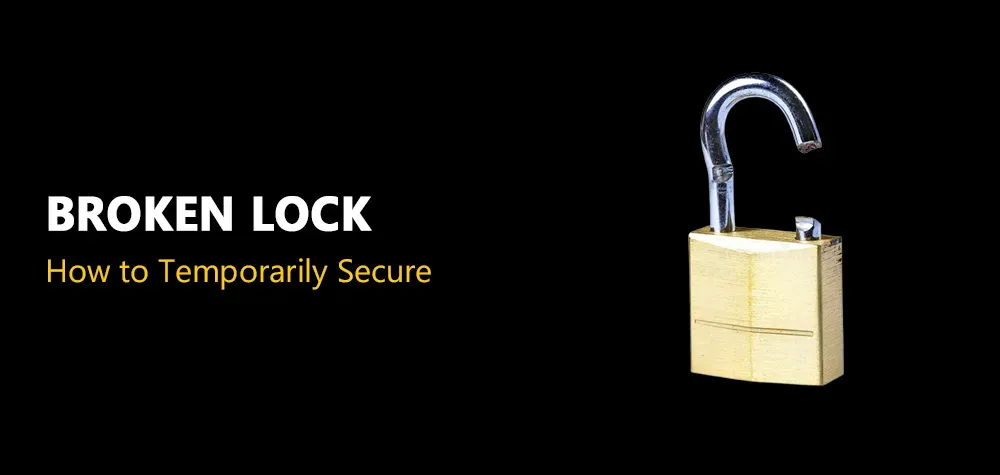
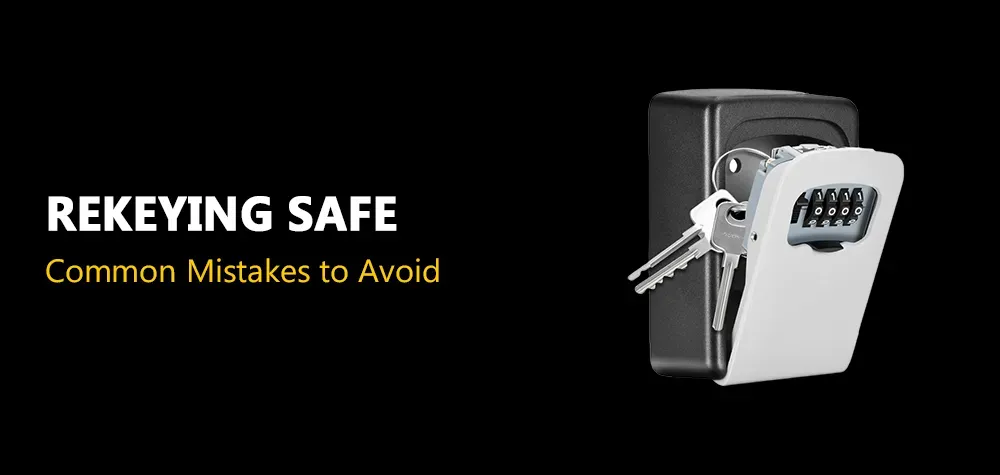
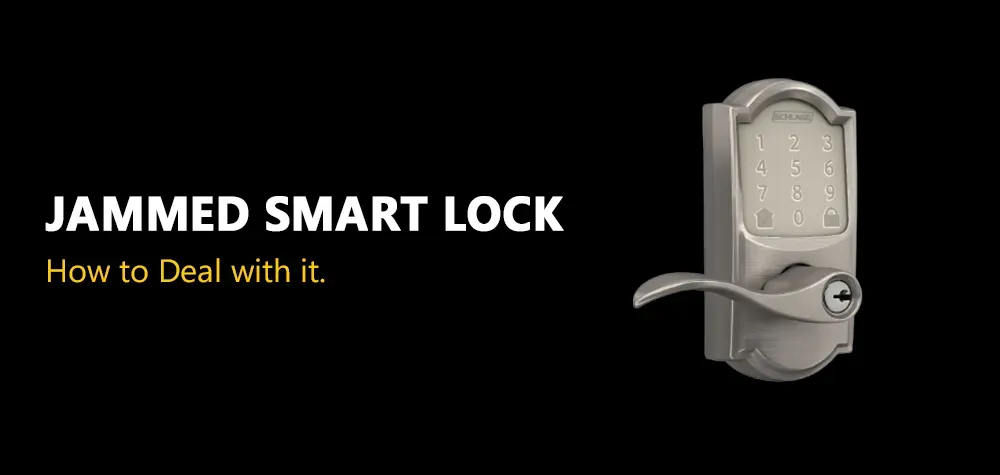
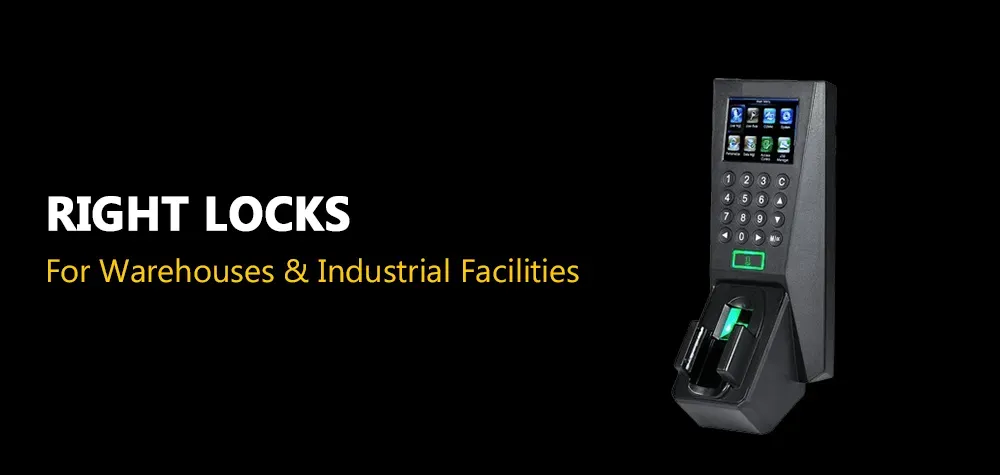

BROTHERS LOCKSMITH
All Rights Reserved | brothers-locksmith.com
Privacy Policy


